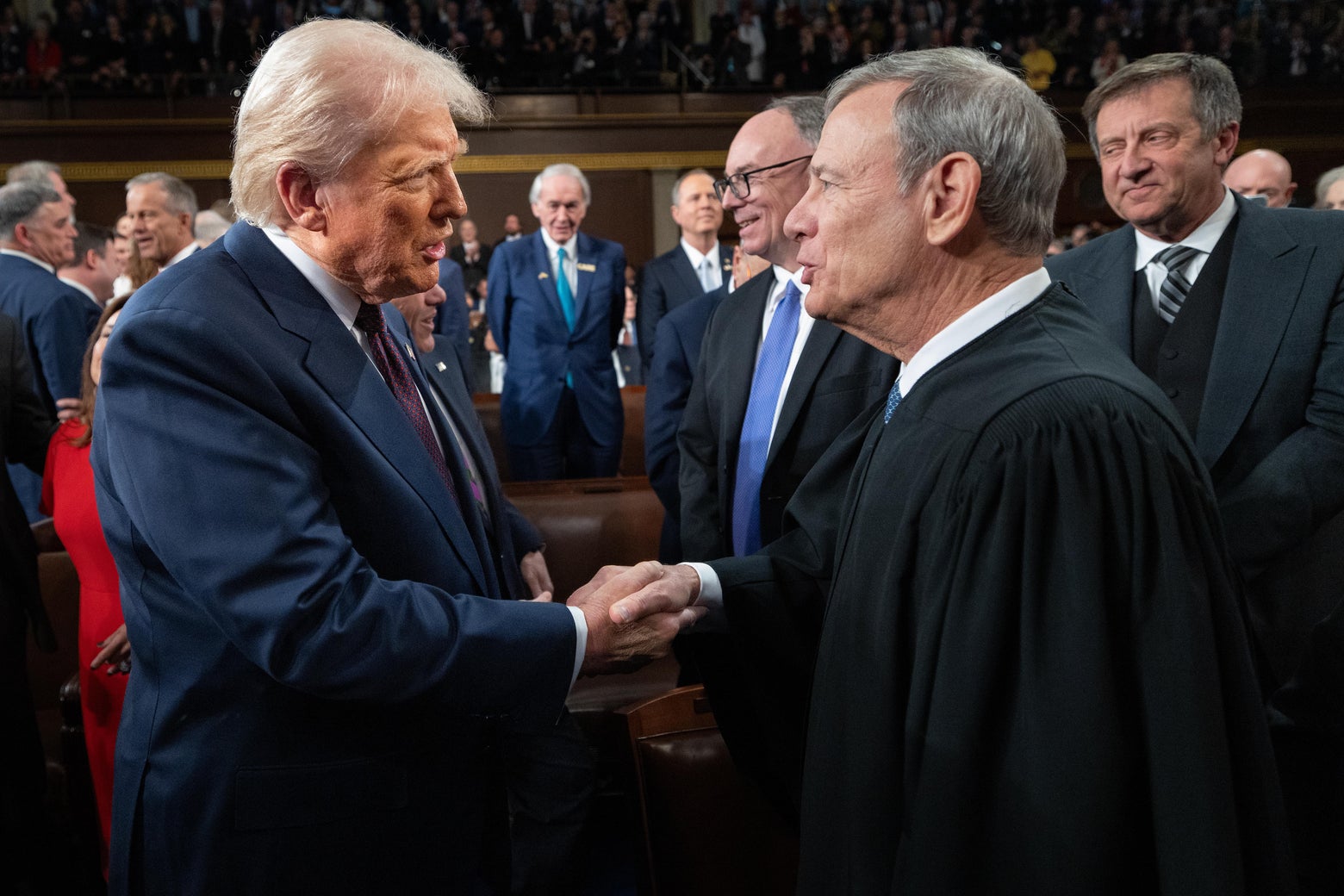
"During debate over three nationwide injunctions currently protecting birthright citizenship from President Donald Trump's attacks, the justices were deeply split over what manner of legal crisis the court-and the country-truly faces."
"The four women seemed concerned that the president is trying to undo the final restraints on his exercise of unconstitutional power, and doing so in ways that include breaking norms and defying courts."
"Not one justice even hinted that they think Trump should eventually win on the merits and get the green light to start stripping birthright citizenship from immigrants' children."
"What they spent two and a half hours debating, in painstaking detail, is whether nationwide or universal injunctions are the way to stop that from happening."
During significant oral arguments in the Supreme Court, justices grappled with the implications of Trump's attempts to reshape birthright citizenship and the role of lower courts. The division in perspectives was evident: the women justices expressed concern about unconstitutional executive overreach, while their male counterparts criticized judges who issue broad injunctions against the White House. Although the majority seemed hesitant to restrict lower court authority entirely, they did not signal support for Trump's legal stance, instead focusing on the mechanisms for preventing constitutional violations. The outcome remains uncertain as they deliberate on the balance of powers.
Read at Slate Magazine
Unable to calculate read time
Collection
[
|
...
]